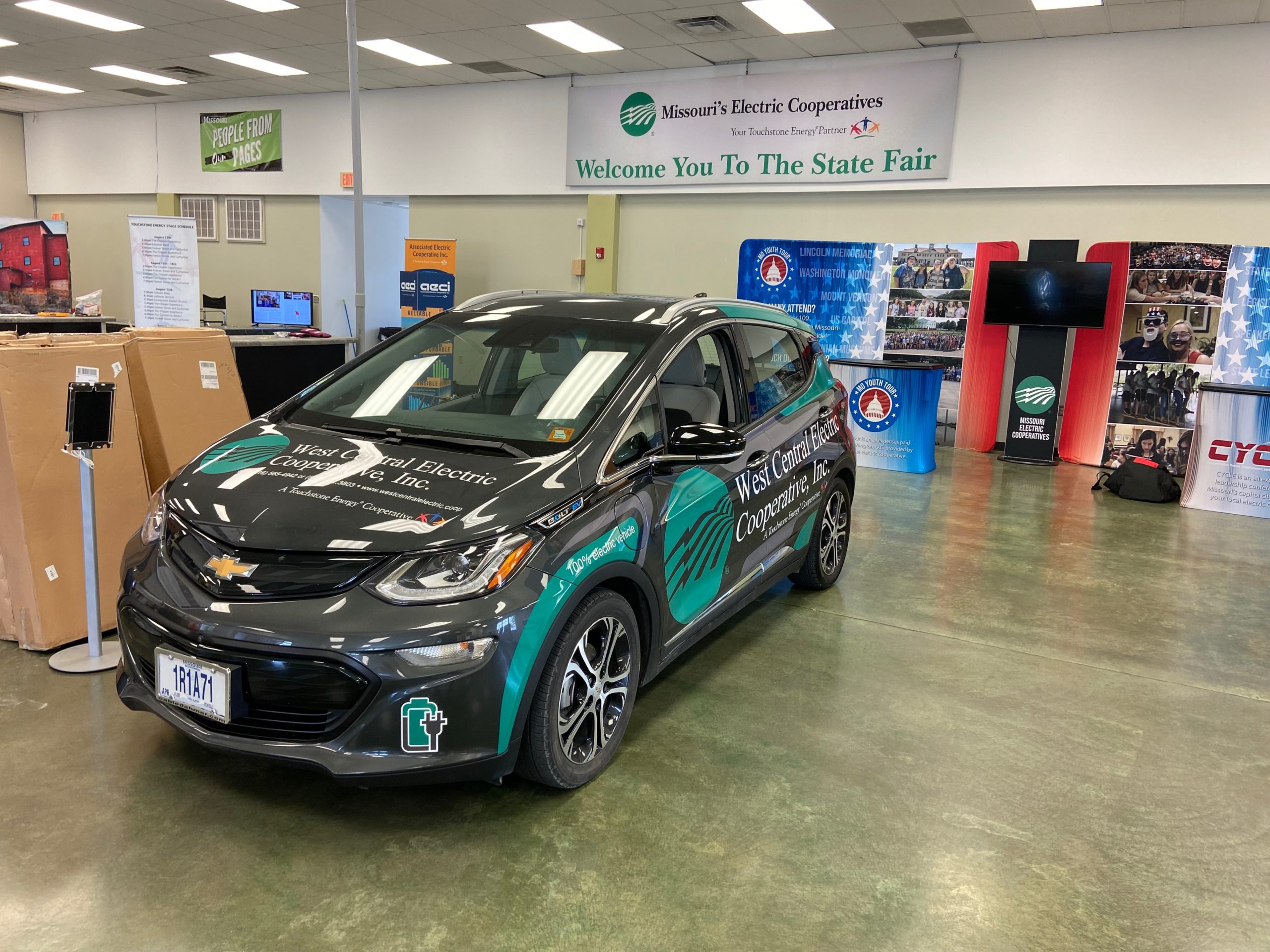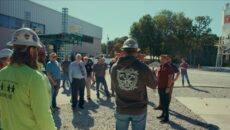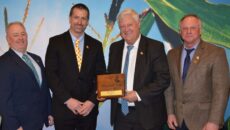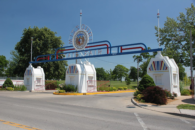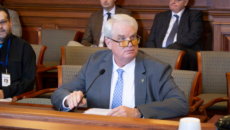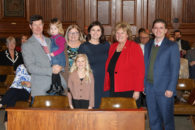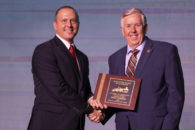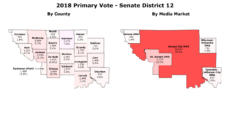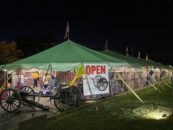As electric vehicles gain popularity across the nation’s roadways, Missouri’s electric cooperatives want to expand the network throughout the state.
Commonly known as EVs, the innovative vehicles are becoming more prominent in communities as a way to preserve the environment while circumventing rising gas prices. While larger cities have been quick to invest in the emerging technology, Association of Missouri Electric Cooperatives (AMEC) CEO and Executive Vice President Caleb Jones said cooperatives were excited to bring the innovation to rural members curious about its benefits.
“While some people might be leery of the technology, there’s certainly an opportunity for partnerships with rural electric cooperatives and those who want to own electric vehicles,” Jones told The Missouri Times. “We’ve worked closely with all of our member-owners to ensure they have every possible opportunity to participate if that’s something that they want.”
Jones touted some of the advancements made by cooperatives across the state over the past year: Thanks to Lewis County REC, Missouri’s first electric school bus was introduced earlier this year in collaboration with the Department of Natural Resources (DNR) after years of conversation with the Knox County R-1 school district. Callaway Electric Cooperative unveiled a new charging station in Kingdom City in June, the first of nine funded through the state thanks to a Volkswagon trust fund meant to mitigate the company’s impact on the environment.
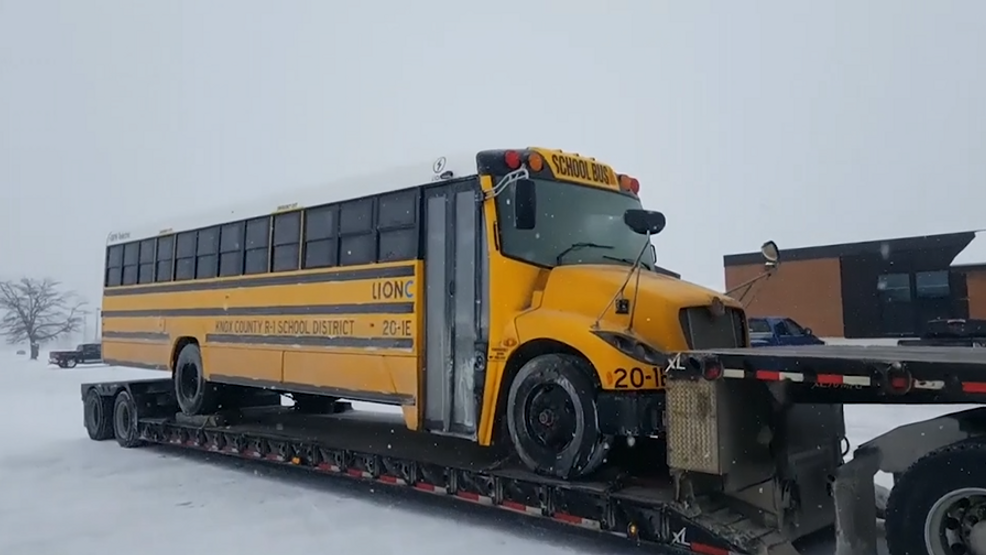
Most of the state’s cooperatives are investing in EVs, with Missouri’s 47 co-ops each using at least one in their own fleet of work vehicles and most offering rebates for members using a home charger.
Cooperatives are a staple of the Missouri State Fair, and this year they hope to give visitors a closer look at the emerging technology.
Brent Schlotzhauer, manager of member services for West Central Electric Cooperative, plans to display his co-op’s EV in the Missouri Electric Cooperatives building this year. Schlotzhauer said EVs were a way for members to cut down on pollution while providing new business opportunities to cooperatives.
“The more electric cars we have on the roads, the less of a carbon footprint drivers will see on a daily basis,” he said. “The cooperatives that have service areas established in some of the more metropolitan areas that are lacking charging stations could enter into agreements to have them installed.”
The National Rural Electric Cooperative Association (NRECA), which represents more than 900 co-ops nationwide, has advocated for EVs over the past several years, encouraging the Environmental Protection Agency (EPA) and other federal regulators to acknowledge the potential benefits, both in reducing carbon emissions and creating new investment opportunities.
“NRECA members are excited by the opportunity to provide electricity to their members choosing to purchase electric vehicles,” NRECA Regulatory Director Dan Chartier said. “This is a win for consumers and the environment.”
Metropolitan areas are taking note of the new technology as well: Kansas City expanded its fleet of electric transit buses this spring, with Congressman Emanuel Cleaver seeking a federal investment for additional vehicles. Additionally, Ford Motor Company’s Kansas City Assembly plant is manufacturing its new electric F-150 models to be released next year along with its E-Transit vans.
Electric vehicles have also been a focus of Missouri’s investor-owned utility companies, with charging stations and zero-emission cars popping up more and more in their service areas. Ameren Missouri is expanding its network of EV chargers, installing 11 stations across the state last year with more in the works in 2021 and beyond.
Missouri’s electric cooperatives expanded power to rural communities nearly a century ago. Now, Jones said they were dedicated to bringing EVs and their benefits to members across the state.
“The co-ops are very focused on using any and all technology to help rural Missouri continue to be successful, and electric vehicles are one of those opportunities,” Jones said.

